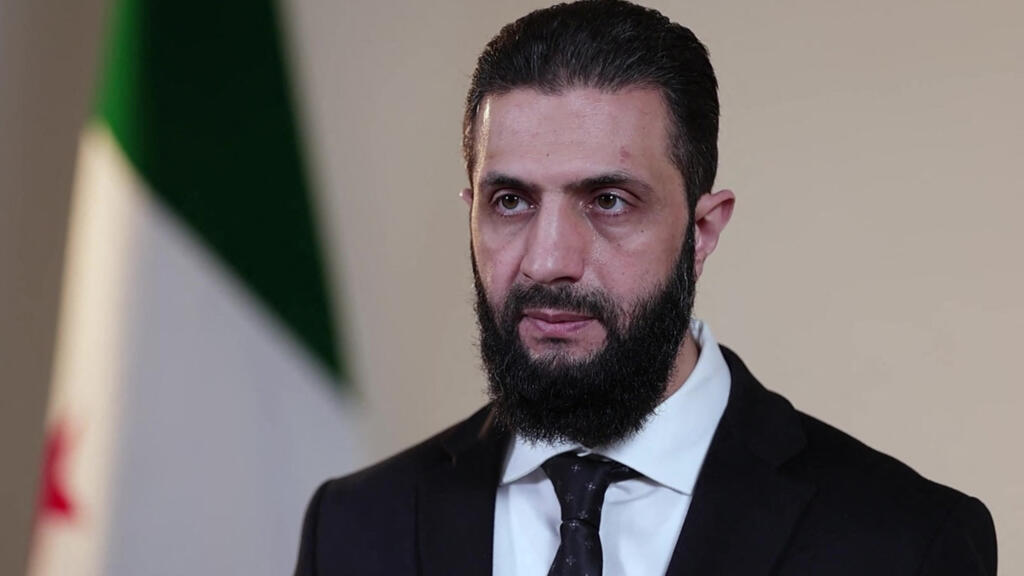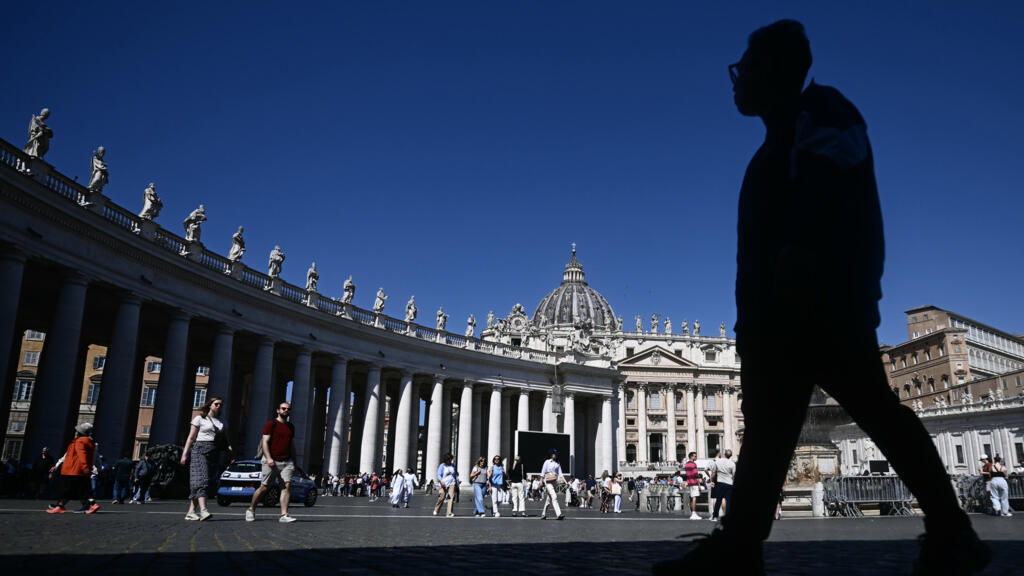The newly elected President of Syria, Ahmed al-Sharaa, is scheduled to embark on his first official visit to Europe, specifically to France, where he will engage in talks with French President Emmanuel Macron. This significant diplomatic meeting is set to take place on Wednesday, as announced by the French presidency on Tuesday. The anticipated meeting highlights efforts by both countries to strengthen their bilateral relations, especially in the backdrop of the ongoing conflict in Syria that has been marked by severe sectarian violence.
Ahmed al-Sharaa, who recently assumed the presidency, faces a challenging political landscape both domestically and internationally. His visit to France is seen as a pivotal moment for Syria, which has endured years of civil war, displacing millions and leading to widespread humanitarian crises. The meeting with President Macron aims to initiate dialogue that could potentially lead to a collaboration focused on stabilization and reconstruction efforts in Syria.
The French government has been keen to re-establish ties with Damascus to address various critical issues, including security, the fight against terrorism, and the management of refugee flows into Europe. The sectarian violence that has plagued Syria complicates diplomatic efforts, yet France appears willing to engage with the new Syrian leadership to explore avenues for peace and rebuilding efforts.
During the upcoming discussions, it is expected that key topics will include the situation of Syrian refugees in Europe, potential reconstruction aid from France for Syria, and strategies for restoring peace in the region. The international community has often debated the best approach toward Syria, with numerous countries adopting varying strategies ranging from isolation to engagement. France’s willingness to meet with President al-Sharaa may signify a shift towards a more pragmatic approach in dealing with the Syrian crisis.
Moreover, this meeting comes at a time when global geopolitical dynamics are shifting, with countries reevaluating their foreign policies concerning the Middle East. As many nations grapple with their involvement in the Syrian conflict, the discussions between al-Sharaa and Macron could pave the way for renewed engagement and cooperation. This could include joint efforts against shared threats, such as terrorist organizations that have exploited the chaos in Syria.
Furthermore, President Macron's government has expressed the importance of addressing the humanitarian repercussions of the Syrian conflict, emphasizing the necessity of a comprehensive strategy that includes humanitarian assistance, political dialogue, and support for a sustainable peace process. The potential outcomes of this pivotal meeting could resonate beyond bilateral relations, influencing the broader international approach to Syria and possibly setting a precedent for future engagements involving Syrian leadership.
Overall, Ahmed al-Sharaa's visit to France marks an important moment in Syrian diplomacy. As the Syrian president seeks to navigate the complexities of domestic and international expectations, his meeting with Emmanuel Macron may serve as a critical step toward rebuilding relations and addressing the pressing challenges that Syria faces. The world will be closely monitoring the developments stemming from this meeting, as it may significantly impact the future trajectory of the Syrian crisis and its implications for regional stability.












